Steve Witkoff, the Trump administration’s special envoy to the Middle East, claimed on a recent episode of Tucker Carlson’s video podcast that Ukrainian residents in four Russian-occupied territories voted to continue living under Russian rule. While Russian officials did stage referendum elections in occupied Ukrainian territory, in both 2014 and in 2022, the United States and the United Nations refused to recognize their legitimacy and indicated the results were likely fraudulent.
“First of all, I think the largest issue in that conflict are these so-called four regions: Donbas, Crimea—you know the names—Luhansk, and there’s two others,” Witkoff said on the Tucker Carlson Show while discussing peace negotiations between Ukraine and Russia. “They’re Russian-speaking, there have been referendums where the overwhelming majority of the people have indicated that they want to be under Russian rule. I think that’s the key issue in the conflict.” He continued, “So, that’s the first thing. When that gets settled, and we’re having very, very positive conversations.”
Carlson followed up by noting that Russia considers those regions part of its territory. “That’s correct, but this has always been the issue,” Witkoff replied. “And it’s sort of—no one wants to talk about it. That’s the elephant in the room.” He added, “The question is, will the world acknowledge that those are Russian territories?”
Russia invaded Ukraine’s Crimean Peninsula in February 2014 and staged a referendum the next month. The final tally of that referendum, organized and run by Russian authorities, showed that 97 percent of Crimean voters supported joining Russia and leaving Ukraine. The referendum was widely perceived as rigged in Russia’s favor—one senior official in the Obama administration said at the time there was “concrete evidence” of ballots arriving to Crimean voting sites pre-marked for Russian integration. The United States and 12 other members of the U.N. Security Council voted in favor of a resolution to urge other U.N. countries not to recognize the Crimean referendum as legitimate, though it failed because Russia, a permanent member of the Security Council, opposed it and China, another permanent member, abstained. Two days following the referendum, Russian President Vladimir Putin officially decreed the annexation of Crimea into the Russian Federation.
Months after Russia launched its full-scale invasion of Ukraine in February 2022, Putin announced new referendums would be held in parts of four Ukrainian oblasts in the Donbas regions: Donetsk, Luhansk, Kherson, and Zaporizhzhia. (Ukrainian separatists had conducted a referendum on self-rule in 2014 in Donetsk and Luhansk, though not all towns participated and the U.S. and Europe did not recognize the results.) The Russian state-run media outlet TASS reported in September 2022 that all four oblasts voted overwhelmingly in favor of joining Russia, garnering 97.5 percent support in Donetsk, 94.2 percent support in Luhansk, 76.9 percent support in Kherson, and 85.4 percent support in Zaporizhzhia.
These results were far-fetched. A Ukrainian-based research organization, the Kyiv International Institute of Sociology (KIIS), polled residents in those four Ukrainian oblasts between 2021 and 2022, finding that Russian integration was not supported by even one-quarter of the oblasts’ populations. The poll found Kherson oblast had the most pro-Russian support, at 22 percent. No other oblast polled garnered more than 20 percent. The KIIS report stated that “any correctly conducted referendum that would be held in these oblasts would show that the absolute majority of residents of each oblast would oppose the separation of the region from Ukraine and joining Russia.” Ukraine’s vanguard and Russian troops fought battles in the same oblasts where the referendums were held, likely further dwindling voter turnout. Those four oblasts were not fully occupied by Russian forces, and even today, Ukraine controls part of those territories. Towns and regions under Ukrainian authority during the 2022 referendums did not take part.
Officials with the U.S., the U.N., and other international organizations condemned the referendums as rigged. Speaking before the U.N. General Assembly in September 2022, former President Joe Biden stated, “The Kremlin is organizing a sham referenda to try to annex parts of Ukraine, an extremely significant violation of the U.N. Charter.” U.N. Secretary-General António Guterres shared the same view. “Any annexation of a state’s territory by another state resulting from the threat or use of force is a violation of the principles of the U.N. Charter and international law,” he said that same month. “Any decision to proceed with the annexation of Donetsk, Luhansk, Kherson and Zaporizhzhia regions of Ukraine would have no legal value and deserves to be condemned.”
In the week leading up to the referendum, then-U.S. Secretary of State Antony Blinken also referred to the elections as a “sham,” explaining that it was part of a “farcical and fanciful” Russian plan, where, “magically, these contested territories of Ukraine are going to vote in this thrown-together referendum and then be annexed into Russia. And, oh, presto, now they’re part of sovereign Russian territory.” In fact, U.S. government officials repeatedly emphasized that these results were not to be trusted. As one unnamed senior official in the Biden administration said that same week, “Our focus is on ensuring, specifically on this question of these referendums and this potential annexation, that the world roundly rejects the notion that this is legitimate.”
Other international organizations, including the European Union and the Organization for Security and Co-Operation in Europe, also condemned the referendums as illegitimate and a violation of international law. The only nations to accept the Russian-staged referendums as legitimate and support Putin’s annexation of the four oblasts were North Korea and Syria, while under the leadership of the pro-Putin and now-deposed Bashar al-Assad.
The Institute for the Study of War, a U.S.-based nonprofit research group, found that “these referendums were all conducted under an intense Russian military presence and without legitimate election observers, and Russian authorities likely falsified attendance statistics and manipulated ballots.” The organization noted that voting was done through a mix of in-person and online voting, “enabling more straightforward Russian vote rigging.” Current Zaporizhzhia oblast Gov. Ivan Fedorov—who was the then-mayor of Melitopol, a city in that same oblast—stated in August 2022 that Russian forces threatened deportation against residents who voted to oppose Russian integration. Days later, Fedorov said that Russian officials planned to have residents vote from their homes, where armed Russian soldiers would “interview” residents at their homes and threaten to shoot those who vote against joining Russia.
Undemocratic and inhumane voting regimens were reported across the oblasts too. Ukrainian official Serhiy Haidai, who at the time was leading the Luhansk Regional Military Administration, said that, in addition to the Russian propaganda widely distributed to Ukrainian residents, Russian officials conditioned humanitarian aid—including food and water—on electoral participation. The Security Service of Ukraine, the country’s central intelligence agency, also reported that in the Donetsk oblast, individuals as young as 13 years old were permitted to vote. Ukraine’s Constitution prohibits individuals under the age of 18 from voting.
A White House spokesperson did not respond to The Dispatch Fact Check’s request for comment.
If you have a claim you would like to see us fact check, please send us an email at factcheck@thedispatch.com. If you would like to suggest a correction to this piece or any other Dispatch article, please email corrections@thedispatch.com.
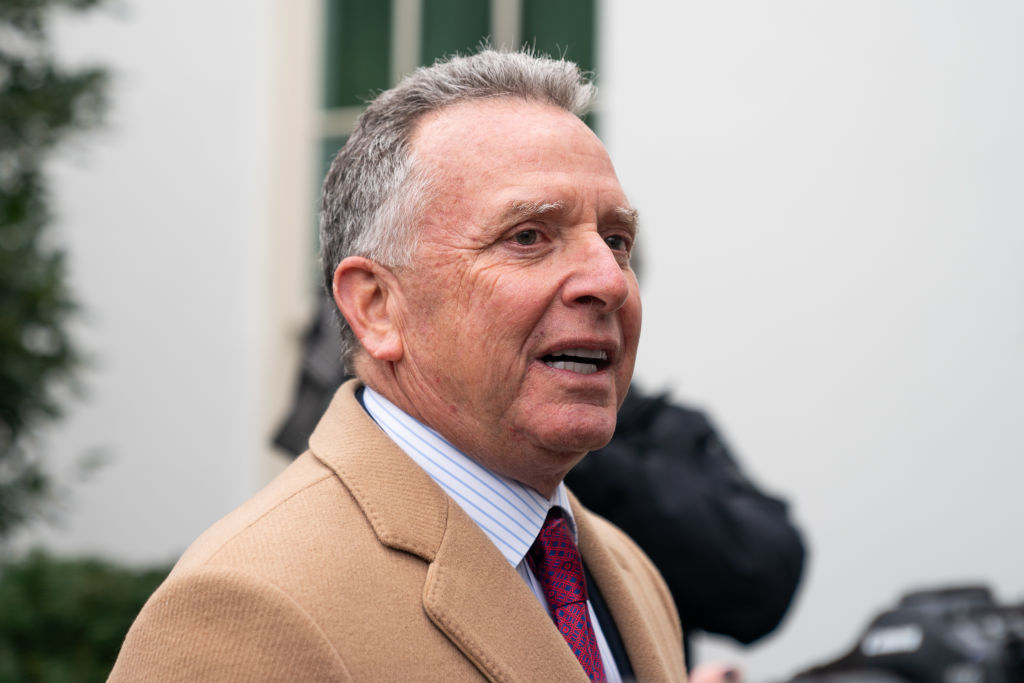

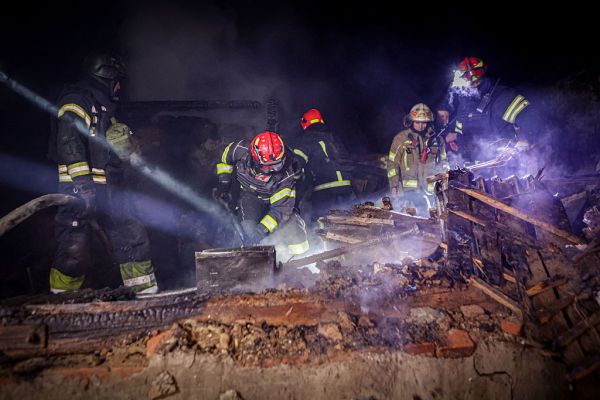
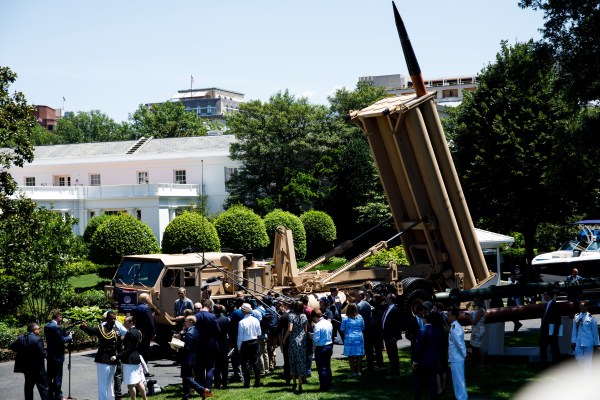


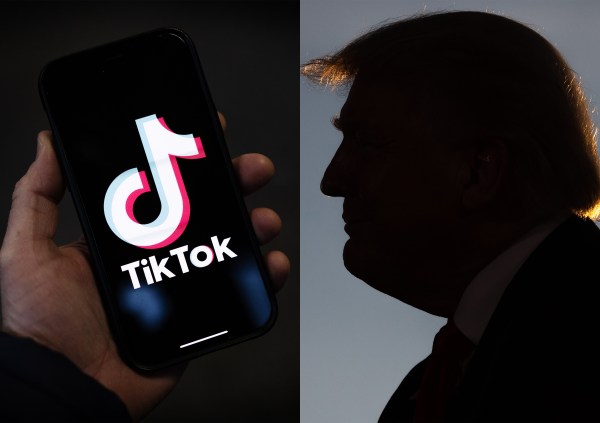

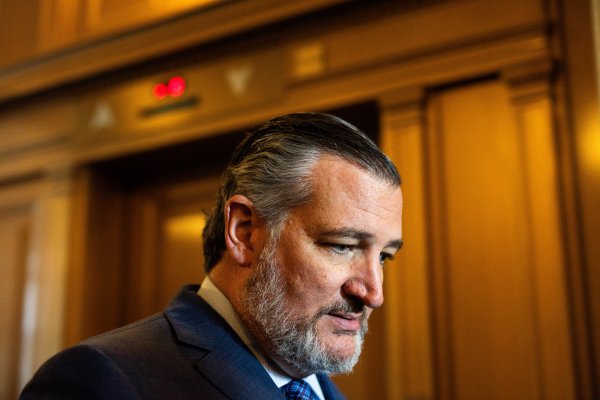

Please note that we at The Dispatch hold ourselves, our work, and our commenters to a higher standard than other places on the internet. We welcome comments that foster genuine debate or discussion—including comments critical of us or our work—but responses that include ad hominem attacks on fellow Dispatch members or are intended to stoke fear and anger may be moderated.
With your membership, you only have the ability to comment on The Morning Dispatch articles. Consider upgrading to join the conversation everywhere.